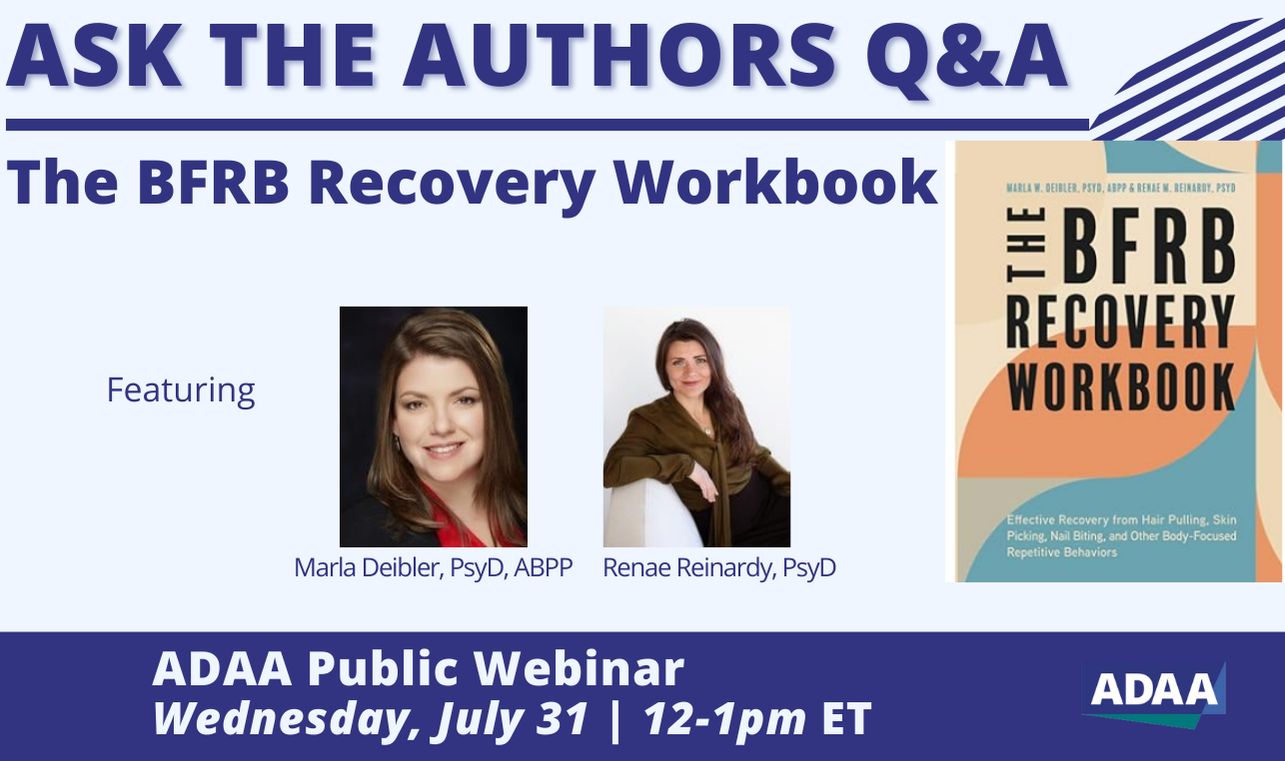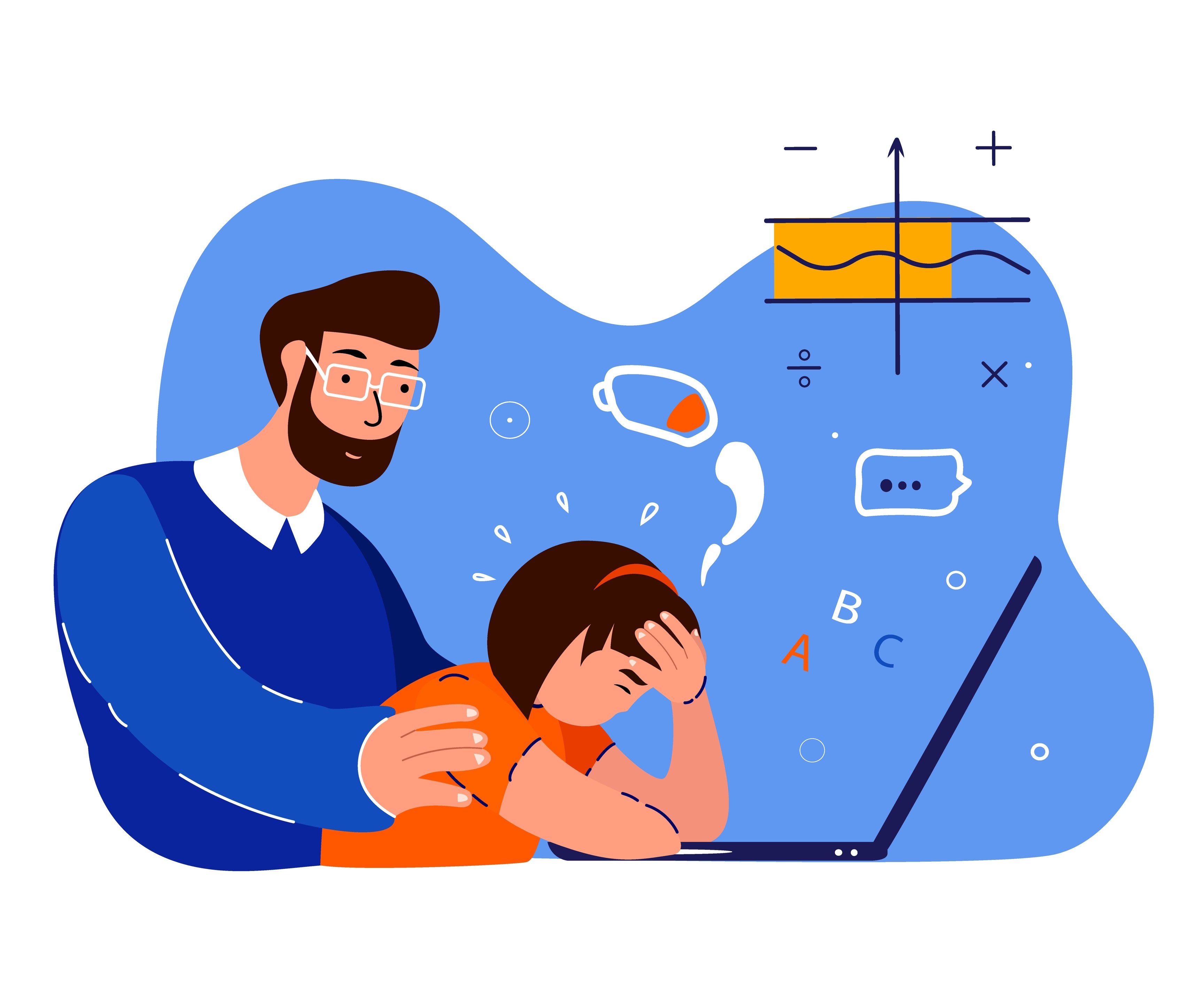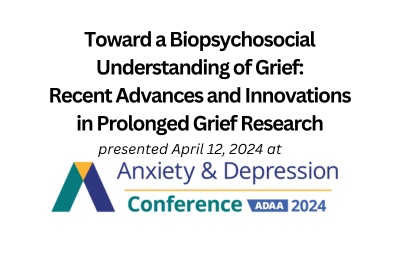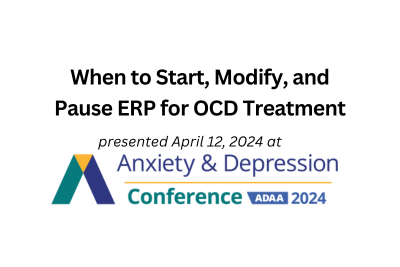The Future is Now: Exploring the Evolving Landscape, Emerging Trends, and Potential Breakthroughs in Digital Mental Health
The Society of Digital Mental Health 2024 Annual Meeting will be held virtually from June 17–18, 2024.


The Society of Digital Mental Health 2024 Annual Meeting will be held virtually from June 17–18, 2024.




Calling all students, trainees, and recent graduates — we want YOU to consider becoming an OCD specialist!
If you are in crisis please dial 988 for the Suicide & Crisis Lifeline. Please note that ADAA is not a direct service organization. ADAA does not provide psychiatric, psychological, or medical advice, diagnosis, or treatment.
Founded in 1979, ADAA is an international nonprofit organization dedicated to the prevention, treatment, and cure of anxiety, depression, OCD, PTSD, and co-occurring disorders through aligning research, practice and education.